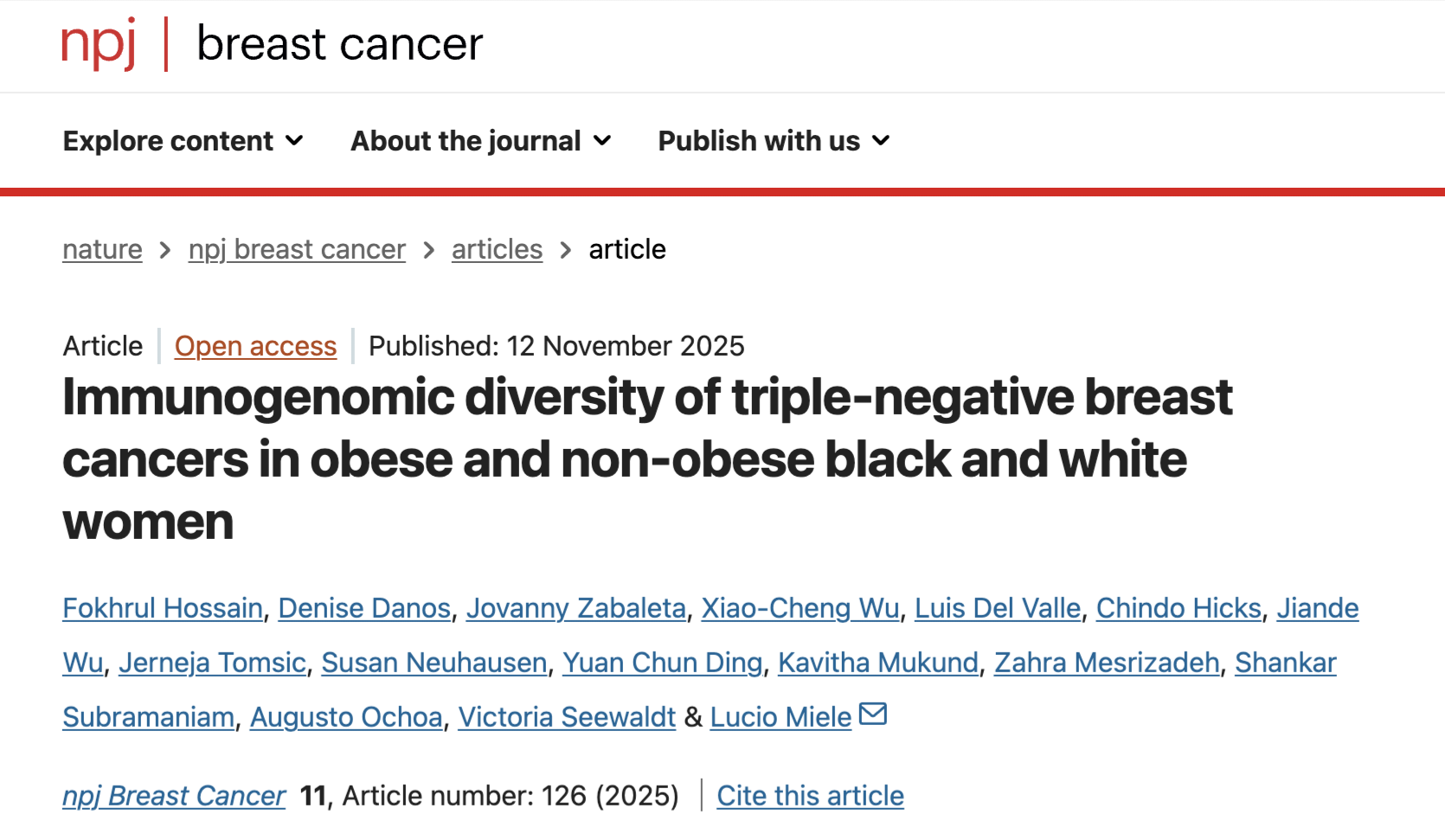
Focusing on Priority Populations – Low socio-economic status and rural populations
Panelists, pictured, from left: Feamula Bradley, Louisiana Campaign for Tobacco-Free Living, Denise Breard, Louisiana Department of Public Health, Dr. Michael D. Celestin, LSU Health New Orleans School of Public Health, Toshia Laing, Louisiana Dept. of Health, Michelle Ozah, The Louisiana Campaign For Tobacco-Free Living, Panel Moderator: Laney Goodwin
"We are stronger together," insists Earl "Nupsius" Benjamin Robinson, director of the Louisiana Cancer Research Center’s Office of Community Outreach and Engagement, as he addressed 200 professionals dedicated to improving the health and wellness of their Louisiana communities. “We want to work together. We want to increase the awareness of what the Louisiana Cancer Research Center is doing. But ultimately, we want to reduce the impact of cancer in the state of Louisiana. And in order for us to do that, we have to talk to one another. We have to listen to the consumers in our areas. We have to listen to the providers who are taking care of patients. And we have to listen and be engaged with researchers.”
For a full day at Louisiana Tech University in Ruston, they held indepth discussions, shared best practices and built relationships among those working in communities toward better health. Low socio-economic and rural populations are disproportionately affected by many health conditions, health disparities, and deaths, especially cancers.
Michelle Ozah of The Louisiana Campaign For Tobacco-Free Living shared what she feels is the most important takeaway from her panel discussion - trust: "I hope people take away the importance of being present, meeting the community where they are, building a relationship of trust with the community, and maintaining the relationship with the community."
Denise Breard of the Louisiana Department of Public Health said that process can take time. Very often the first question she gets in a conversation is, "How long are you going to be here?" but, she insisted, "If you keep showing up, you're going to hear feedback and get feedback."
"We need to speak the same language, "insisted Michael Celestin, director of the Tobacco Control Initiative. "From a health literacy perspective everybody doesn't come from the same place," he explained. "The point is to communicate and to talk the same way."




